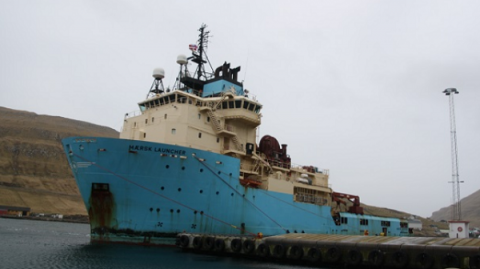
After years of trying, Maersk Group has admitted that it cannot find a buyer for its offshore vessel division, Maersk Supply Service.
Citing the continued market oversupply, extensive consolidation, years of market distress and a poor OSV sector outlook, Maersk said that the division's valuation and market cap has been reduced. This has made it difficult to find a buyer or other exit solution, Maersk said.
“We have over the past two years been investigating various structural solutions for Maersk Supply Service. However, having been unable to establish any solutions meeting our objective of creating shareholder value, we have decided to retain Maersk Supply Service,” said Claus V. Hemmingsen, Vice CEO of A.P. Moller – Maersk and CEO of the Energy division.
Maersk said that the offshore supply division has been investing in new business lines and that this effort is paying off. In 2018, about 30 percent of Maersk Supply Service’s revenue was generated from new business, including offshore wind, ocean cleanup and deep-sea mining.
“Our diversification initiatives are building presence in other markets and enable us to be less dependent on the traditional Oil & Gas market in the future," said Maersk Supply CEO Steen S. Karstensen. "With our modern fleet and skilled people, we are well positioned to take advantage of market opportunities in the future and differentiate us from our peers."
The division's 44-vessel fleet has an average age of less than ten years, and it is still accepting delivery of newbuilds that it ordered in 2014, before the market downturn began.
Maersk Supply Service is far from the only operator in the sector to face challenging business conditions. Bourbon Offshore has deferred its debt repayments, sold off ships and cut crew levels amidst persistent underutilization and low day rates. Tidewater and Gulfmark both went through bankruptcy, then merged under Tidewater's ownership.
Reference: maritime-executive.com